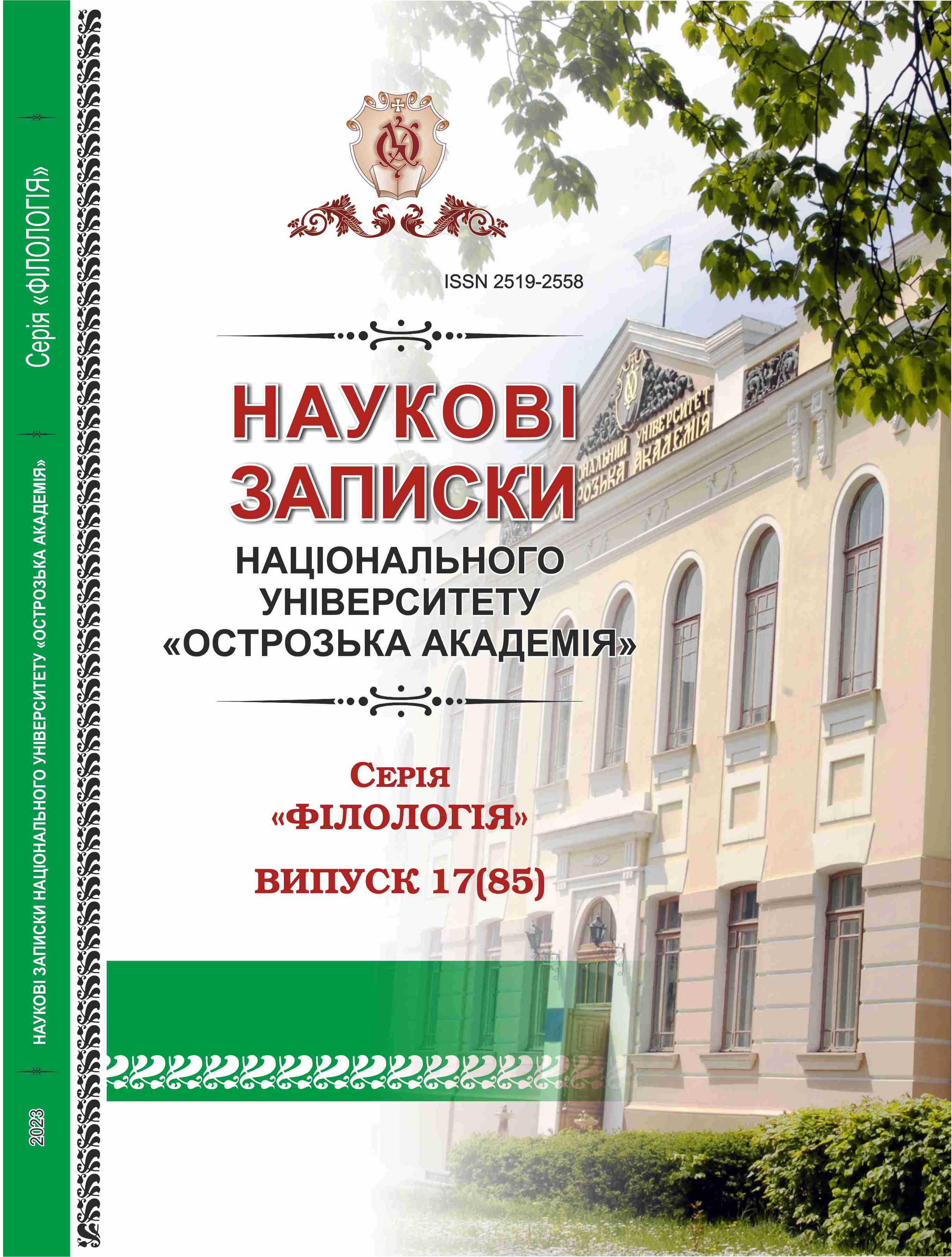ДИДАКТИЧНІ ЗАСАДИ ВИКОРИСТАННЯ ЕЛЕКТРОННИХ СЛОВНИКІВ В ПРОЦЕСІ ВИВЧЕННЯ НІМЕЦЬКОЇ МОВИ ЯК ІНОЗЕМНОЇ
Ключові слова:
освіта, цифровізація, комп’ютерні технології і засоби навчання, іноземна мова, дидактичні засади, електронний словник, мовленнєва діяльність, мовленнєва компетенція, переклад, ефективність, методична доцільністьАнотація
У статті проаналізовано дидактичні засади електронних словників як різновиду інформаційно-комунікаційних технологій при вивченні німецької мови як другої іноземної. Об’єктом аналізу стали онлайн словники: ABBYY Lingvo, Мультитран, Babylon NG, Duden online, Langenscheidt online. Ці електронні засоби ефективно використовуються на кафедрі прикладної лінгвістики НУЛП в процесі викладання німецької мови як другої іноземної та циклу перекладацьких дисциплін для підготовки фахівців першого (бакалаврського) рівня вищої освіти напряму 035 «Філологія» (дисципліни: «Сучасна німецька мова», «Практика мовлення», «Практика перекладу», «Перекладацький практикум»), галузі знань 03 «Гуманітарні науки» в умовах очного, дистанційного та змішаного навчання. Зазначено, що в епоху цифровізації електронні засоби навчання, зокрема лексикографічні джерела, посідають значне місце у навчальному процесі, стають його невід’ємною частиною, що пояснюємо успішною конкуренцією електронних джерел зі своїми паперовими аналогами. Електронні словники уможливлюють оптимізувати обсяг і склад статей, комбінувати різні форми представлення інформації (текстові, звукові, графічні, анімаційні), доповнювати і коригувати контент баз даних, раціонально структурувати інформацію за допомогою гіпертекстових технологій. Дослідження грунтується на науково-методичних засадах щодо використання електронних словників в процесі вивчення іноземних мов, розгорнутих у працях вітчизняних та зарубіжних авторів. Зроблено висновок, що дидактично правильне використання цифрових засобів (електронних словників) в процесі вивчення іноземних мов слугує формуванню чотирьох видів мовленнєвої діяльності та навиків перекладу, сприяє формуванню загальномовної компетенції та інноваційної культури учня/студента та вчителя/викладача.

